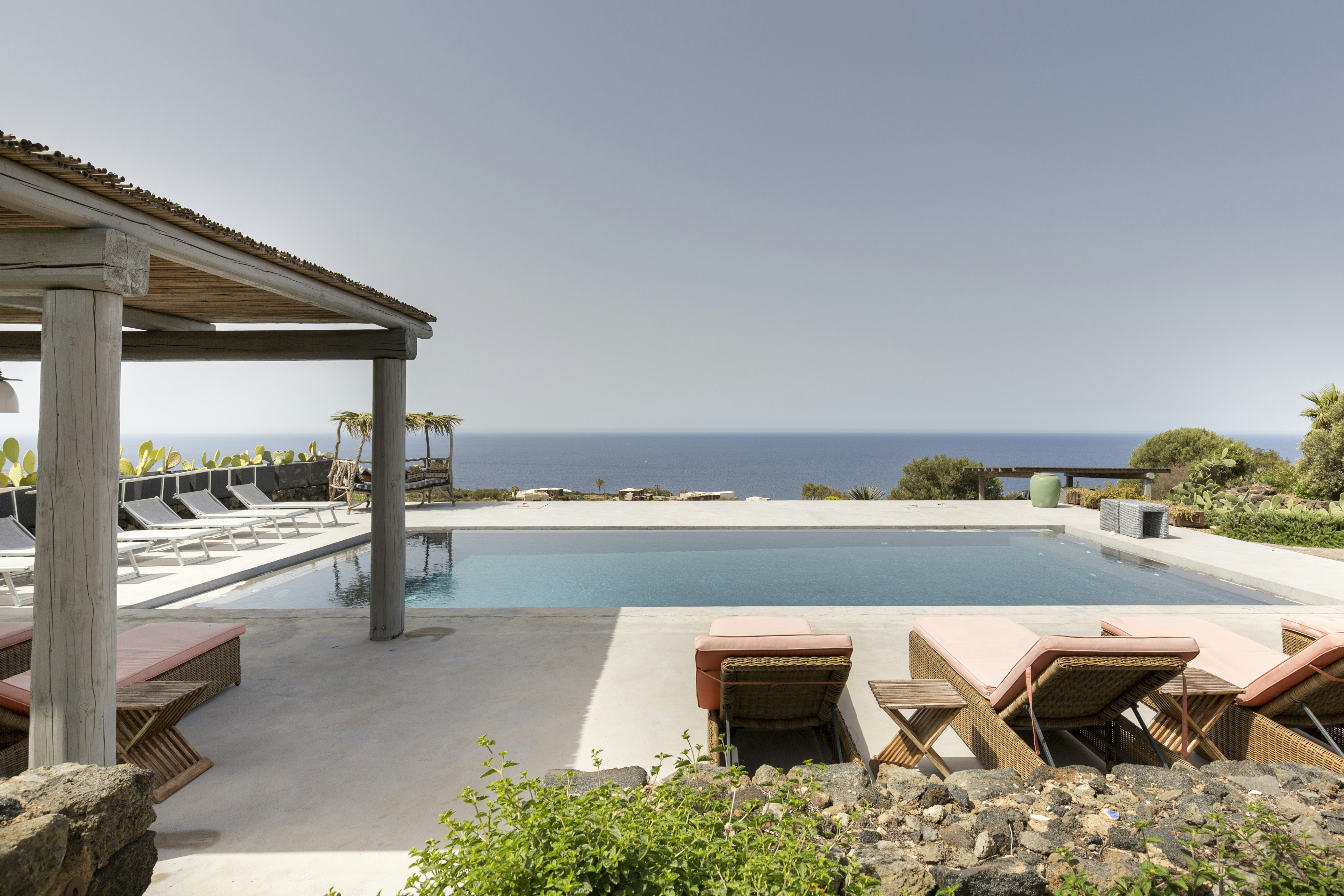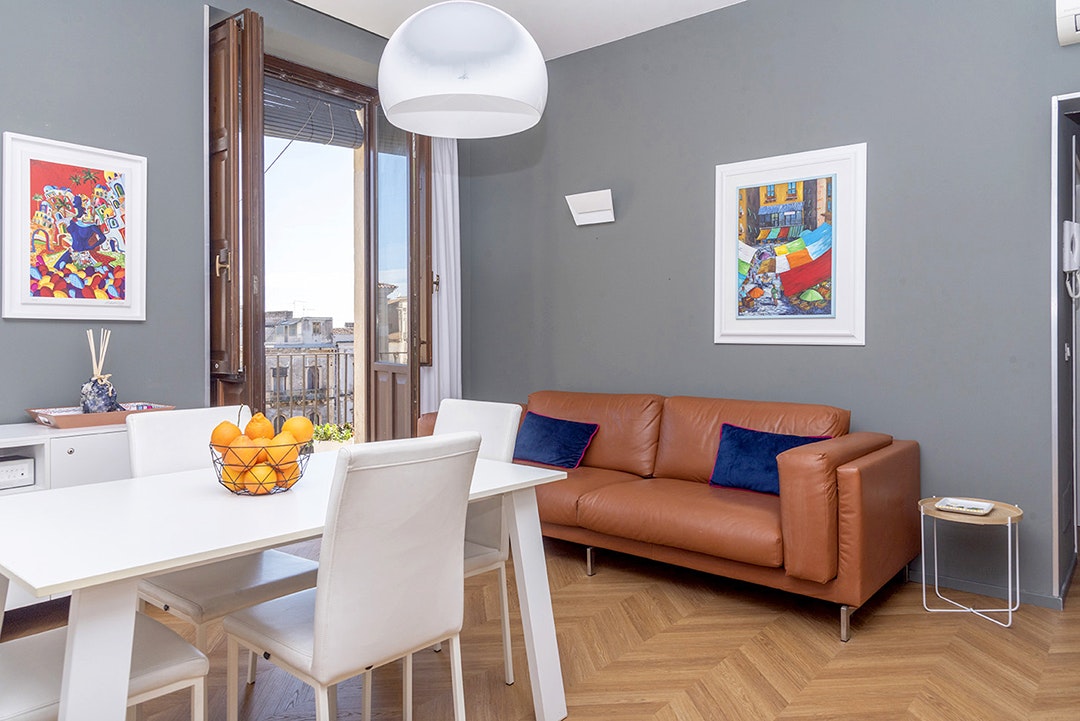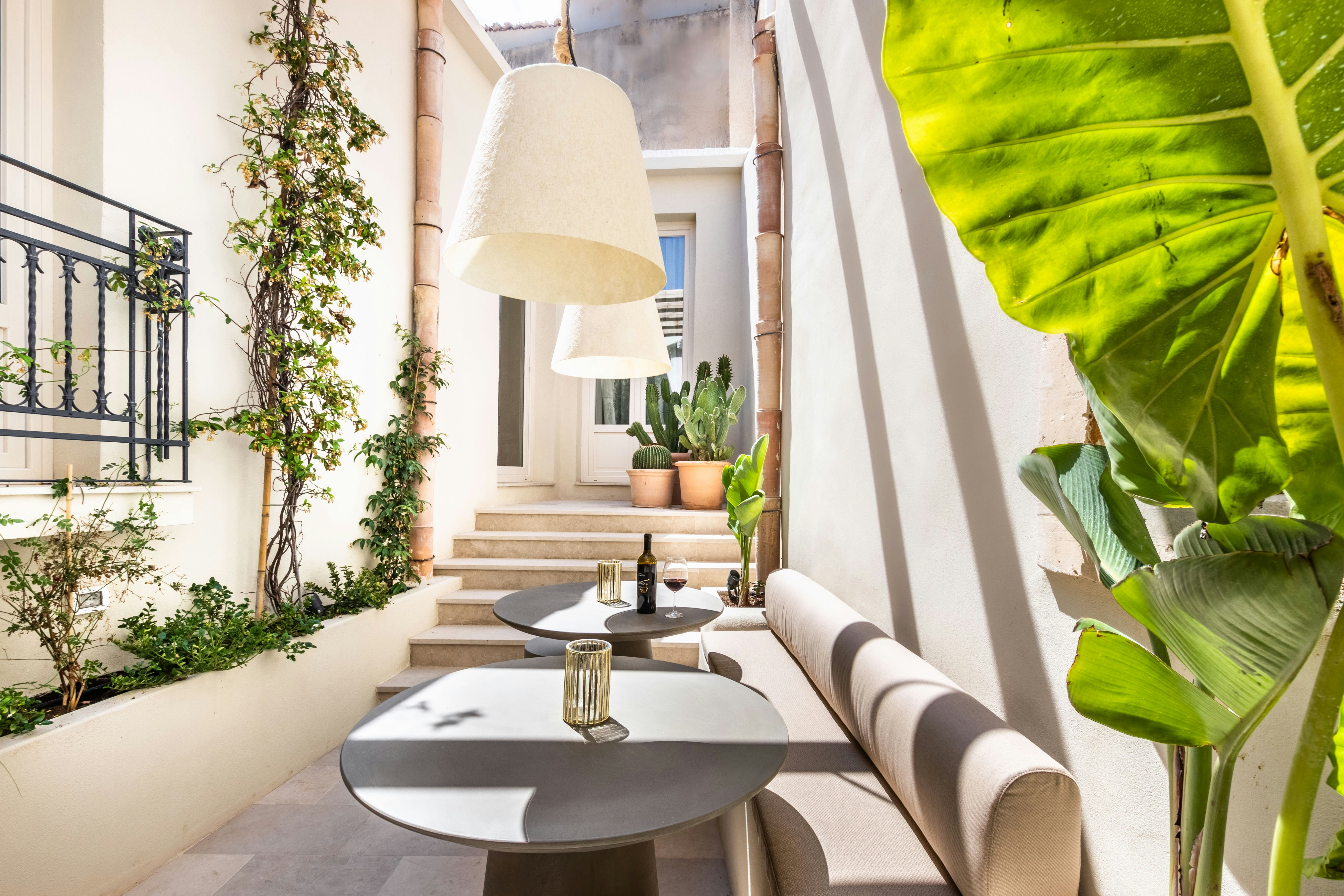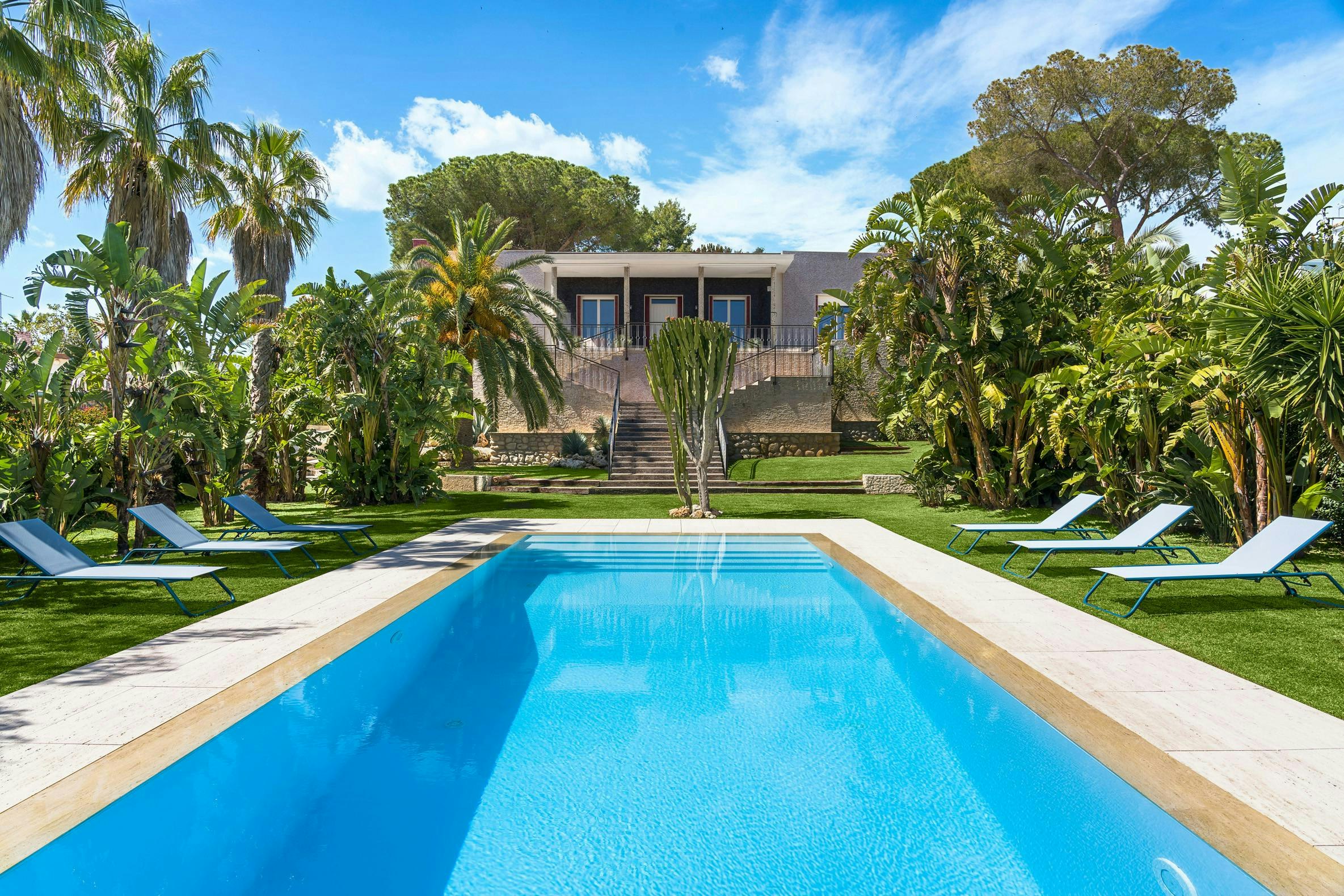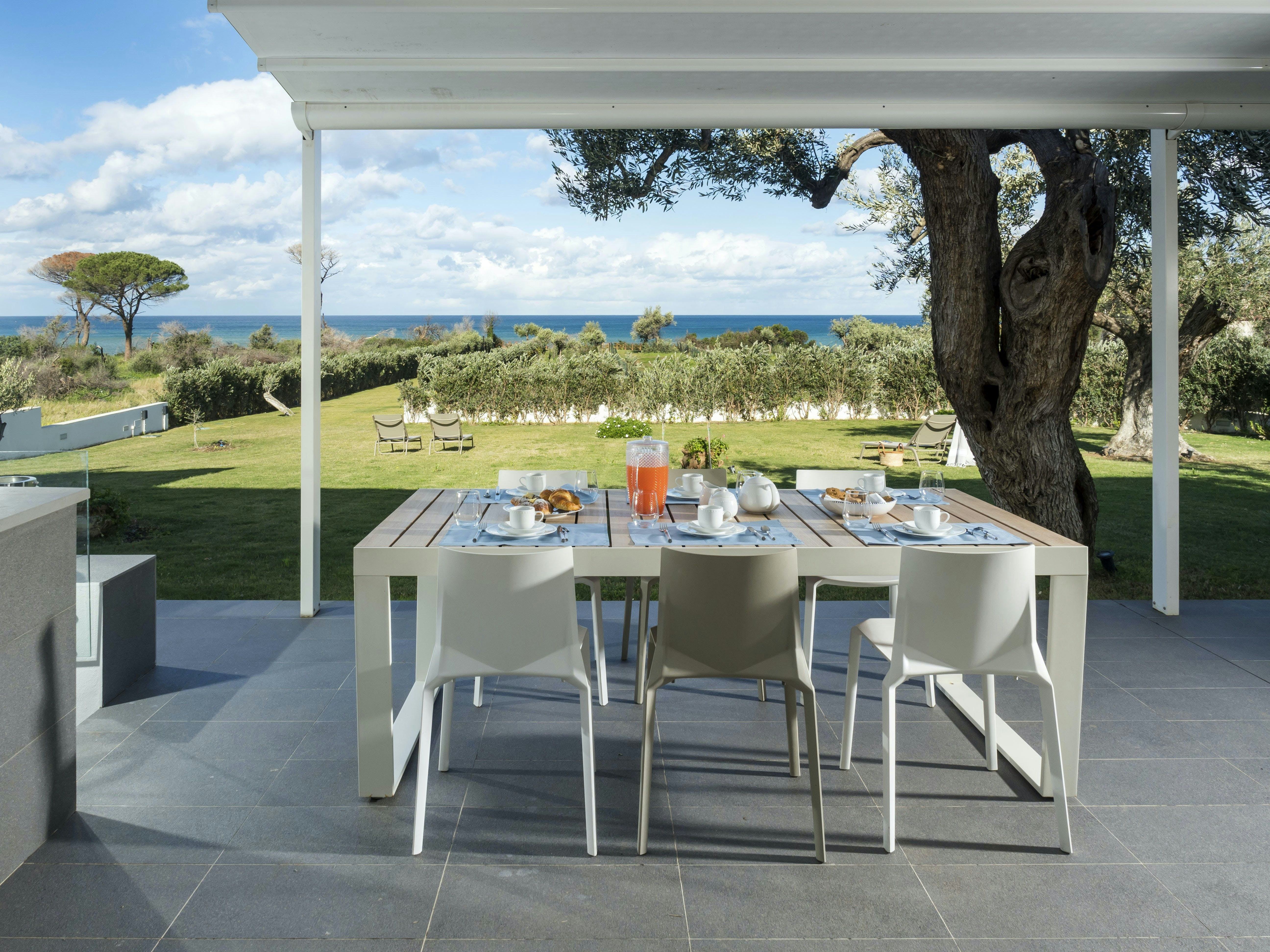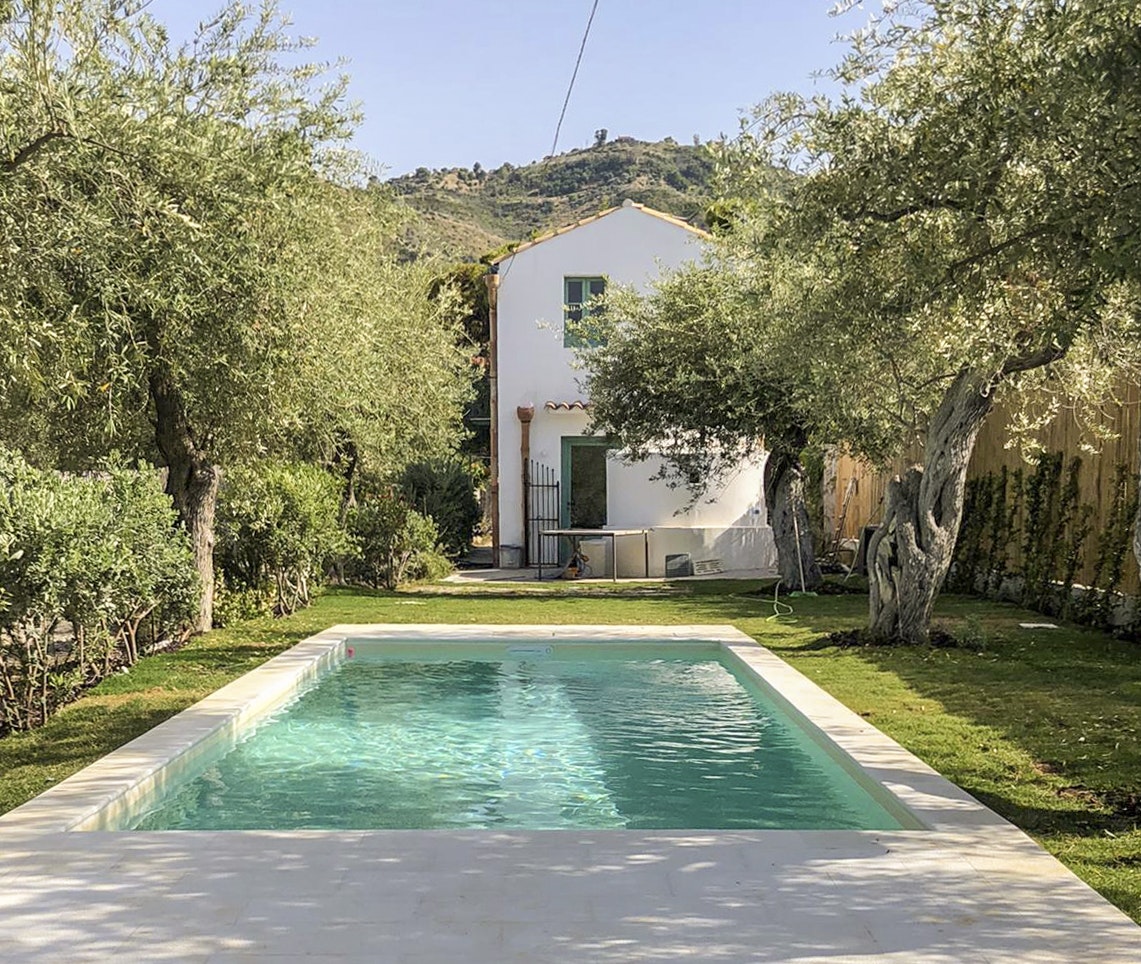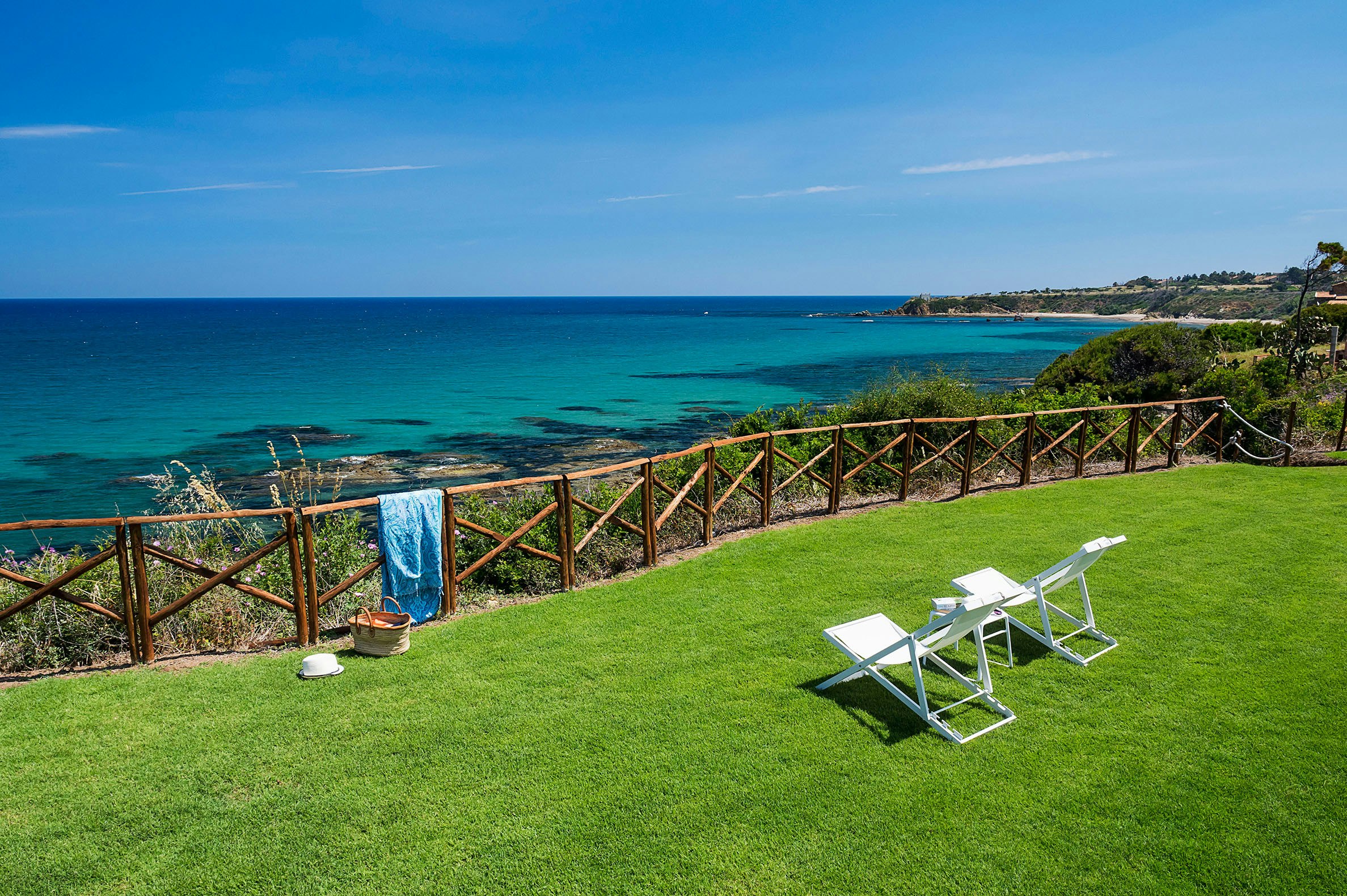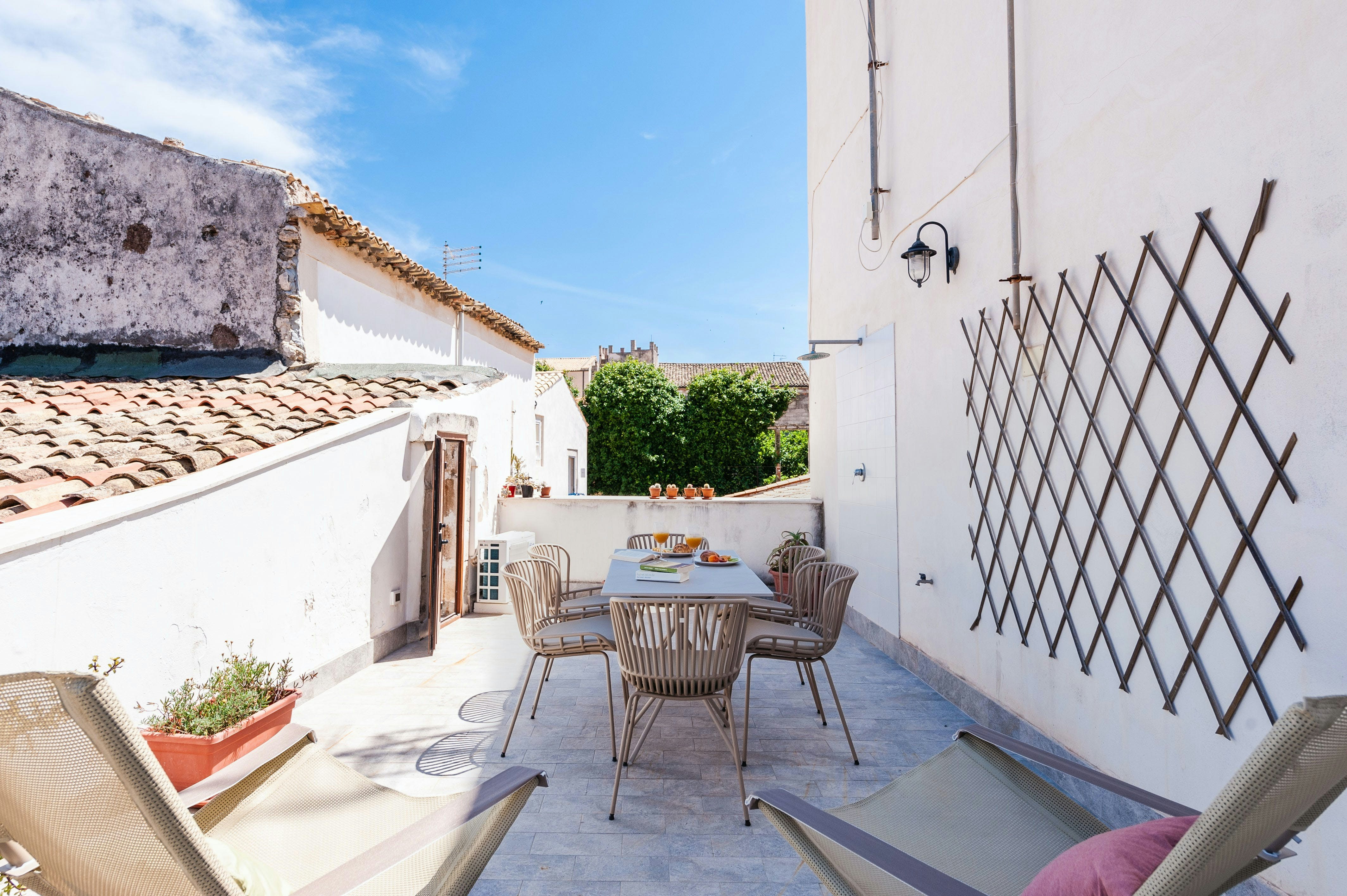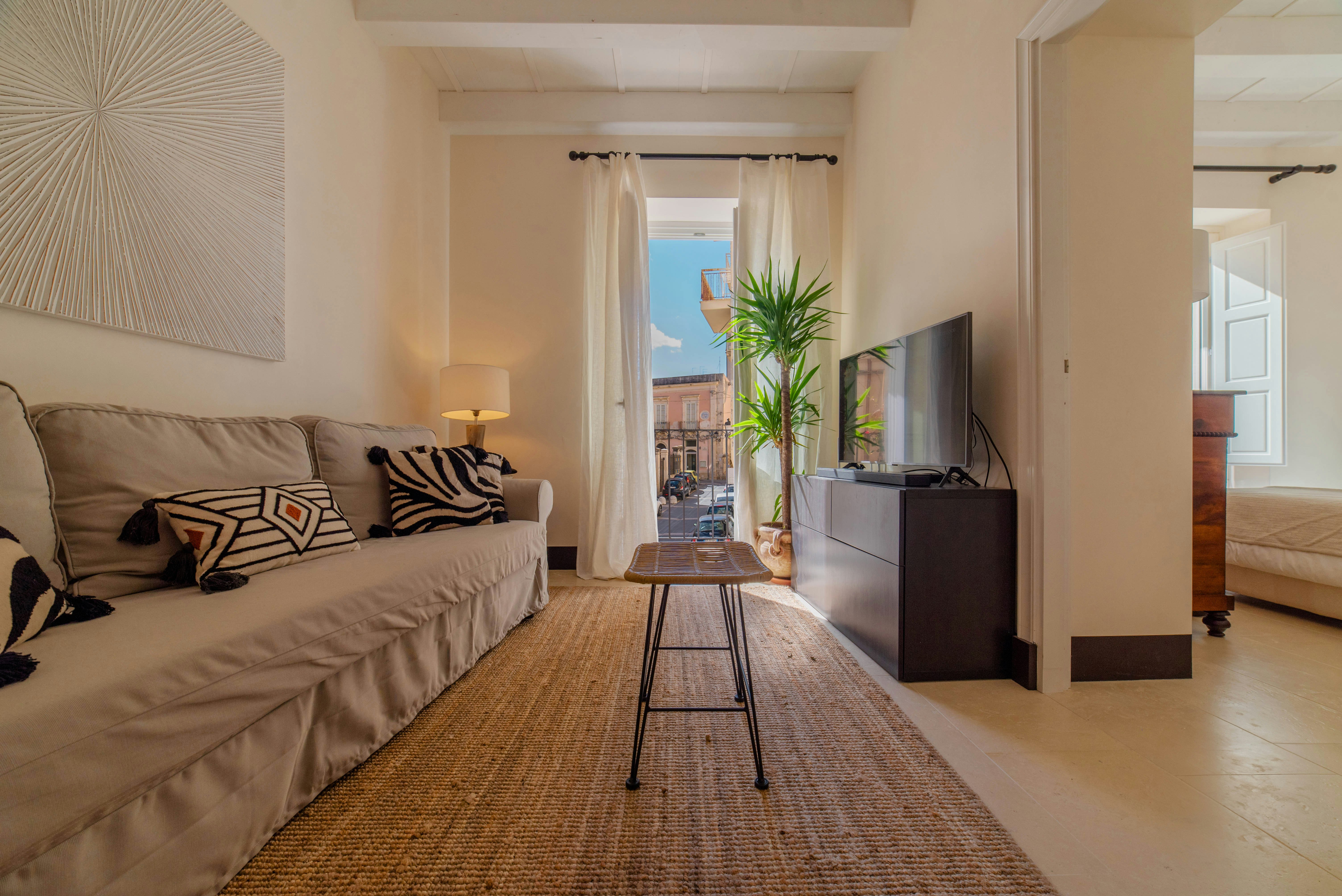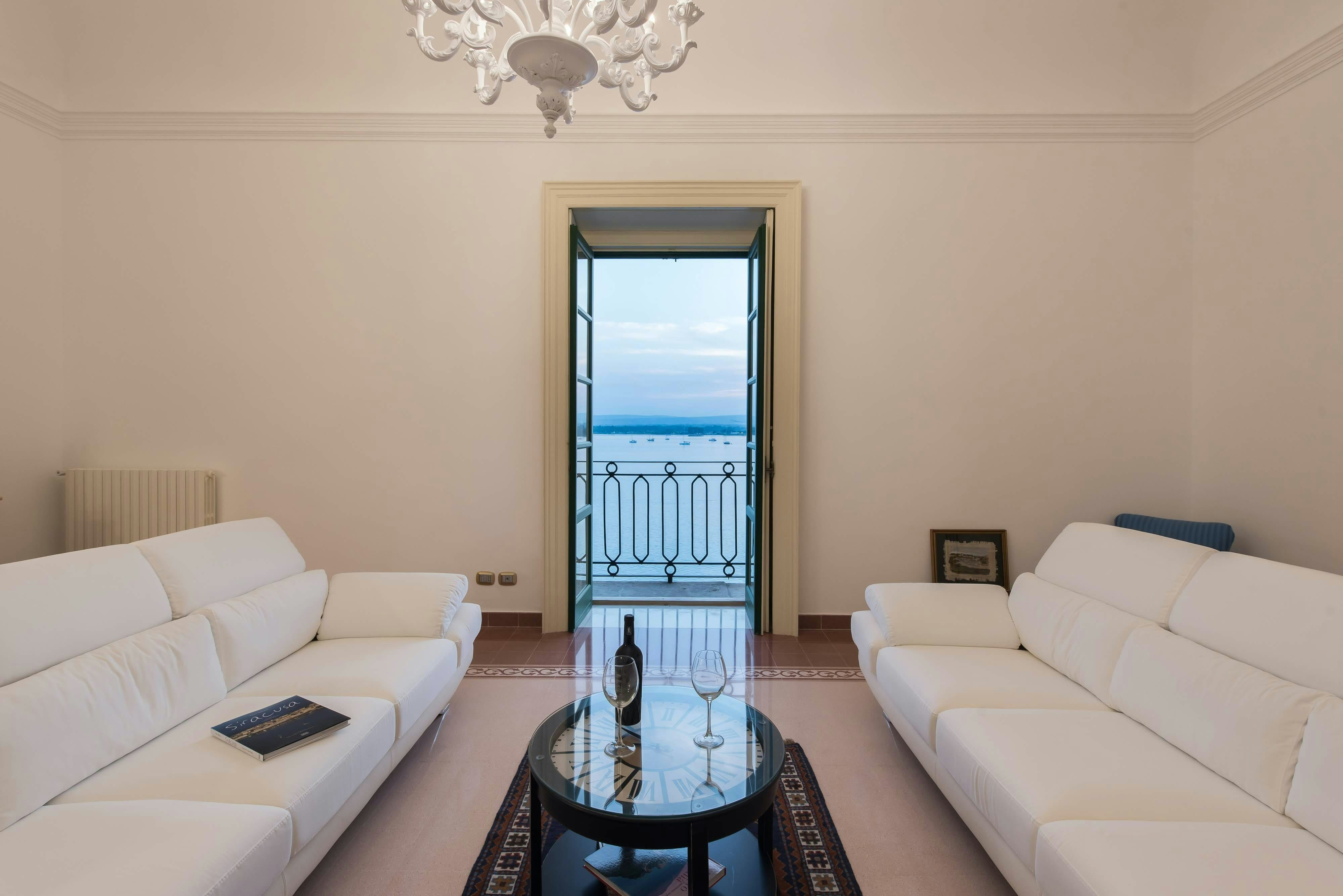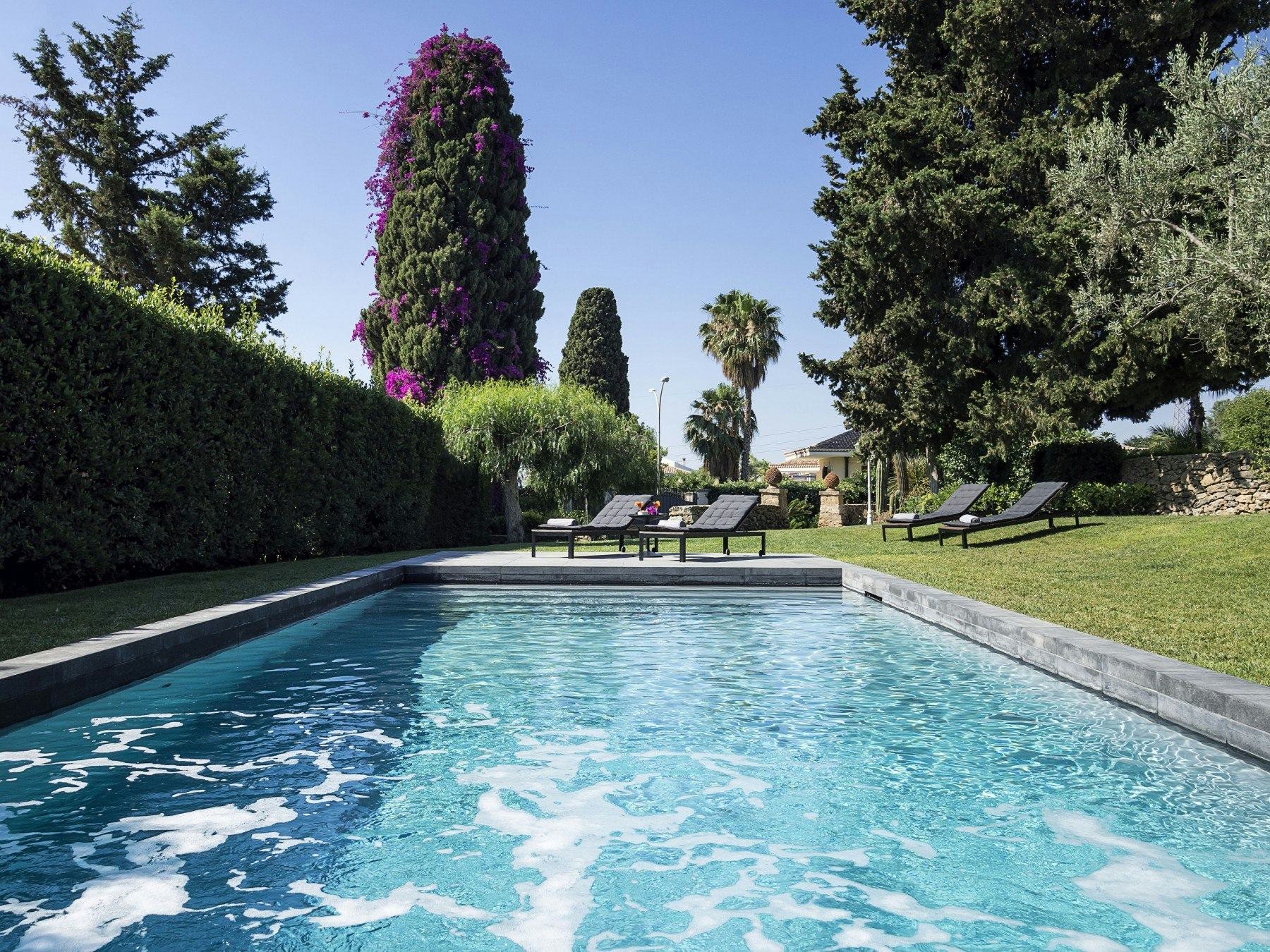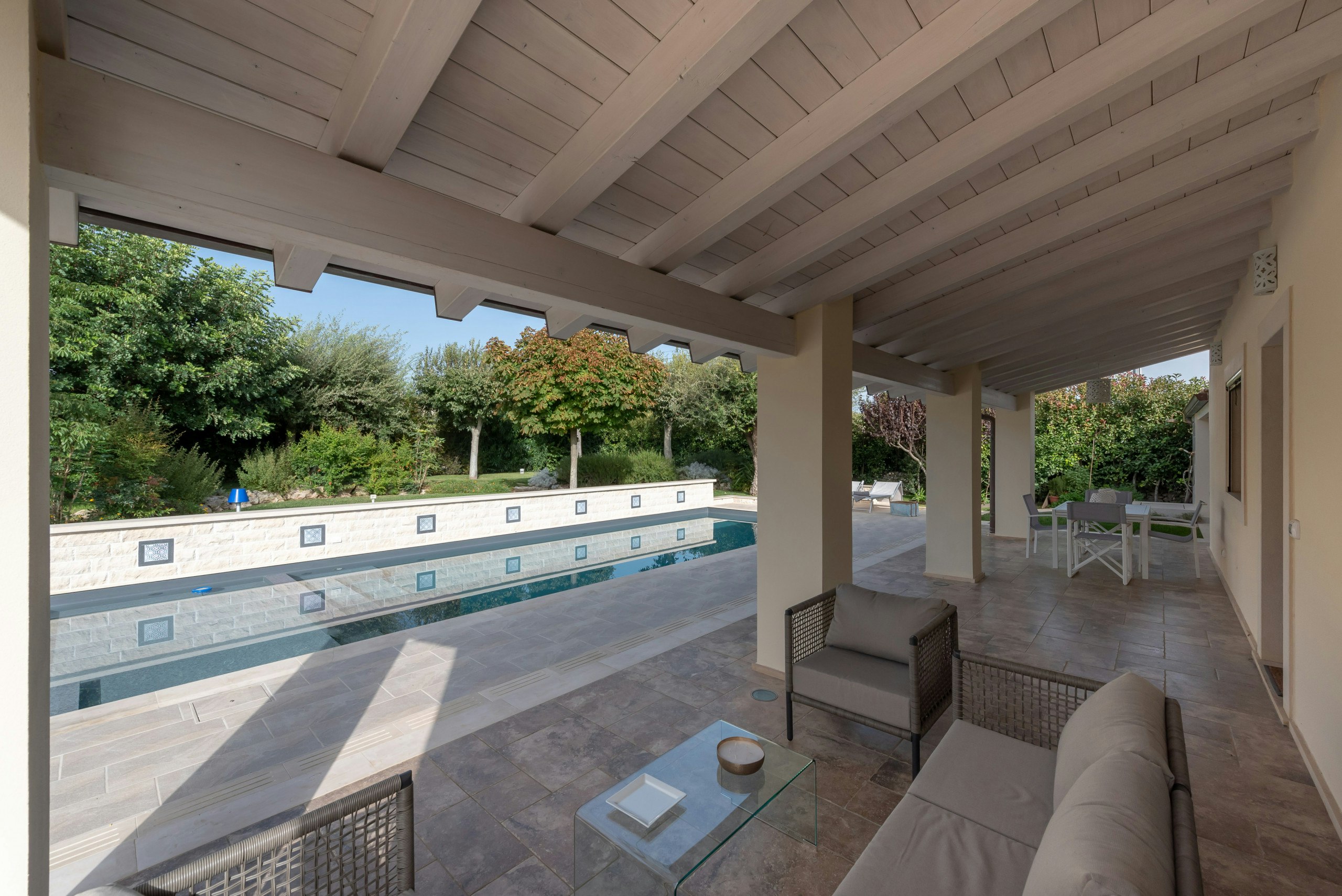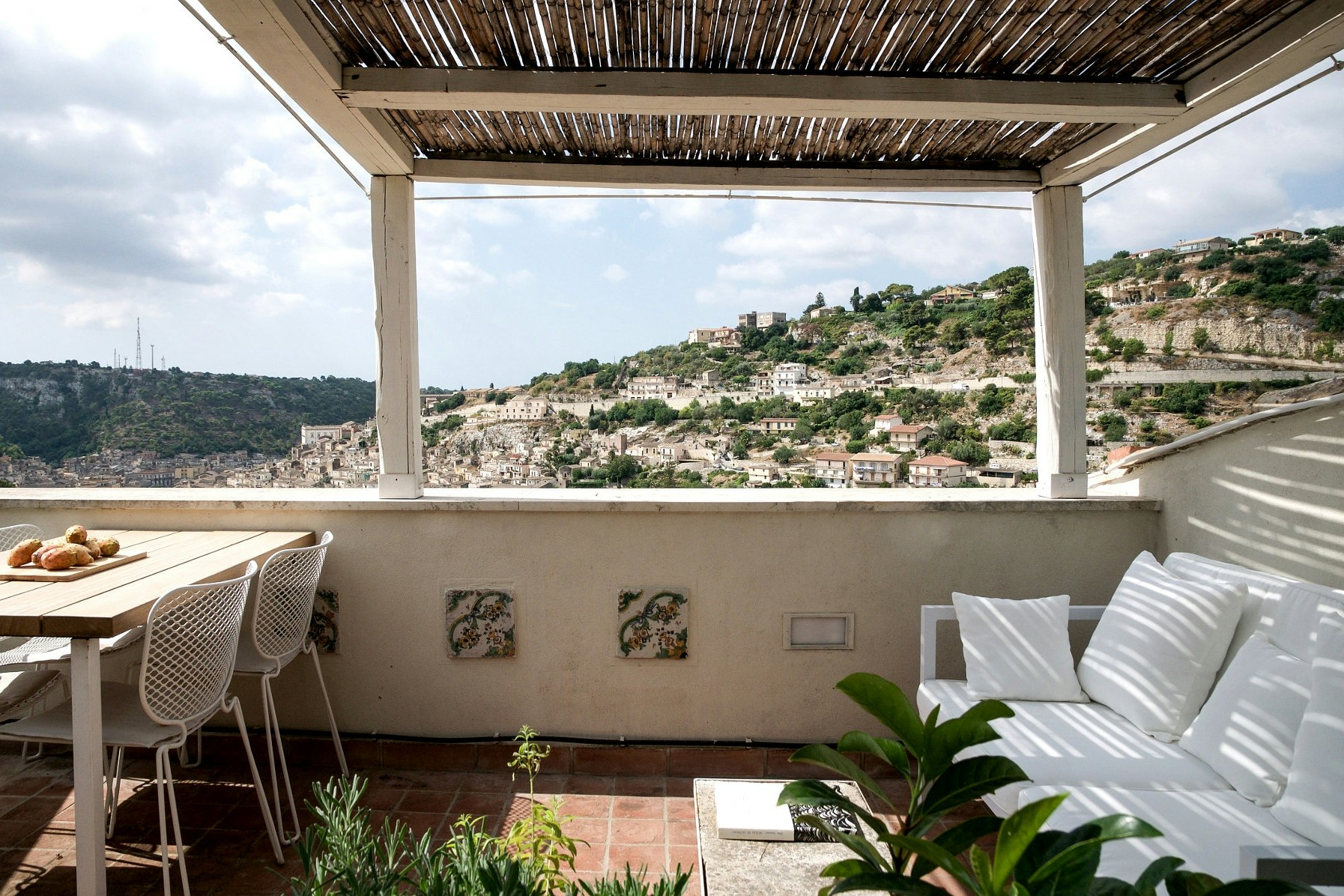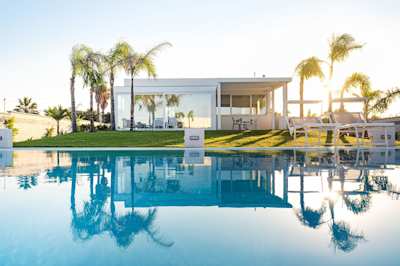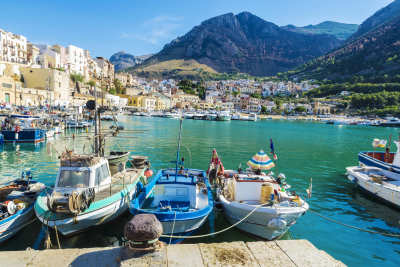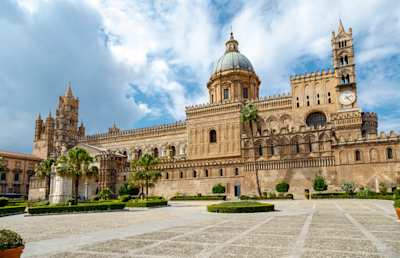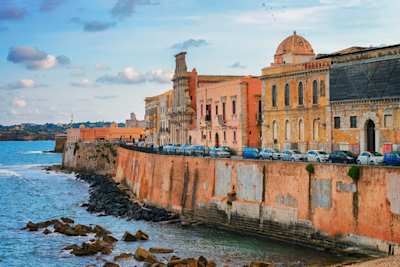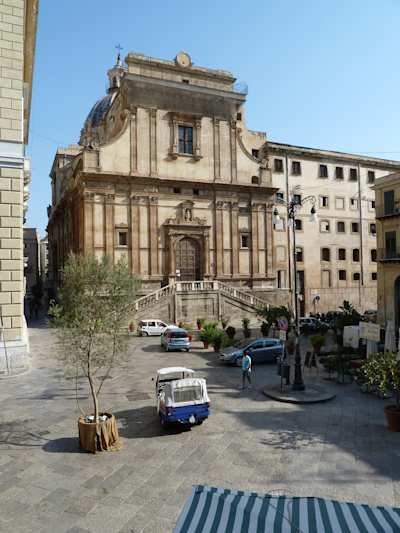Is Sicily Safe? Areas To Avoid and Other Travel Tips
Everything you need to know about travelling safely within Italy’s sun-soaked holiday destination
~
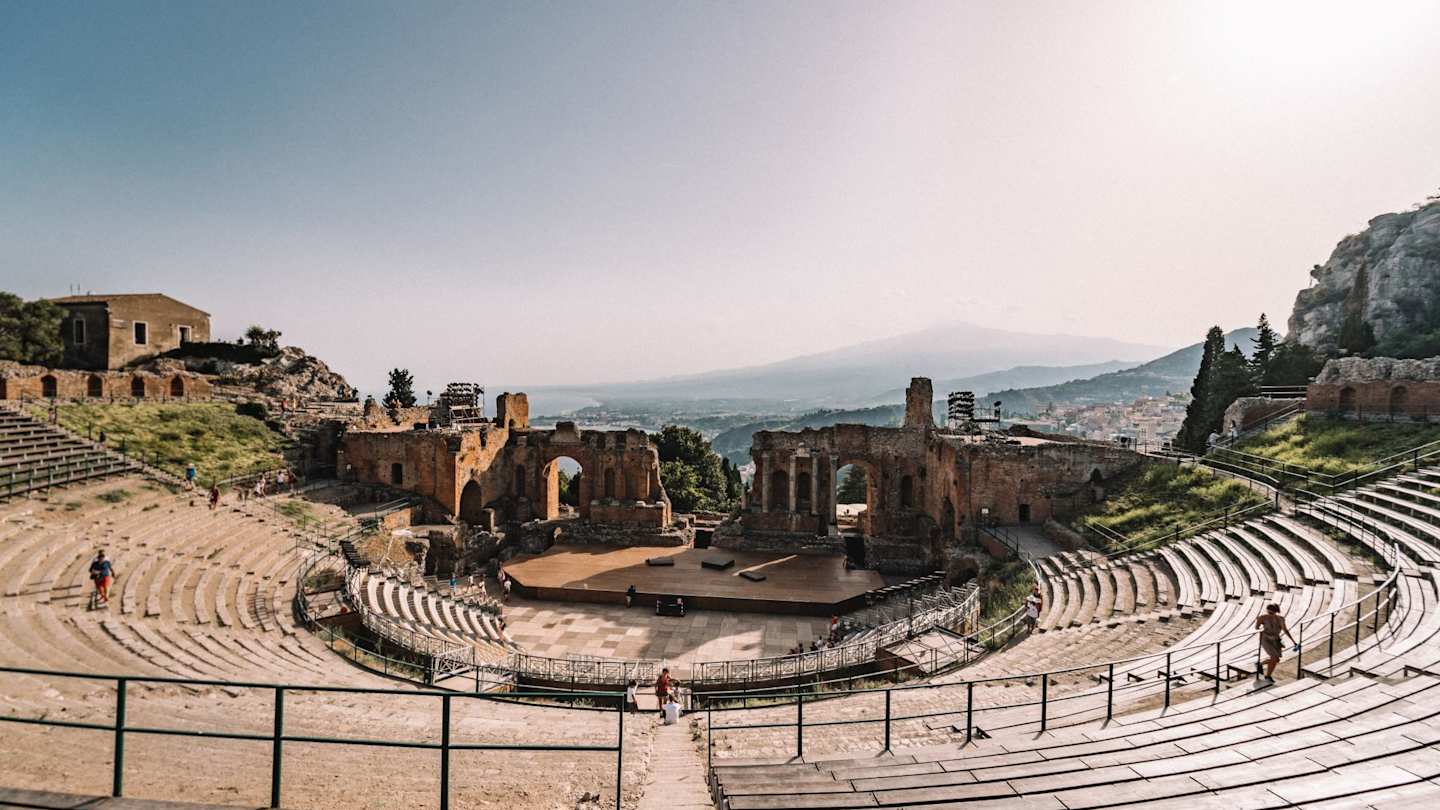
Thinking of heading to Sicily? First-time travellers may be asking questions like, is Sicily safe? Are there any areas to avoid? Lucky for you, you’ve come to the right place. Our travel experts at Plum Guide have put together this essential guide to travelling safely around the island, offering tips and insights to help you navigate with ease. Ready to plan the trip of a lifetime? Here’s some key information that is good to know before you travel.
Is Sicily safe to visit?
The short answer is yes, Sicily is safe to visit. In fact, the crime rate is on the downturn and is actually lower here compared with some other parts of Italy. However, that’s not to say it doesn’t exist. Like any other destination, there are things to look out for. Violent crime is rare, but petty crimes like pickpocketing, bag snatching and theft from vehicles can happen.
Sicily may also have a reputation for being a mafia hotspot, but in reality, this is far from the truth, thanks to the Italian government cracking down on organised crime in recent years. Besides, any existing mafia activity is mainly focused on corruption and shady business deals and is very unlikely to affect tourists.
Is Sicily safe for women?
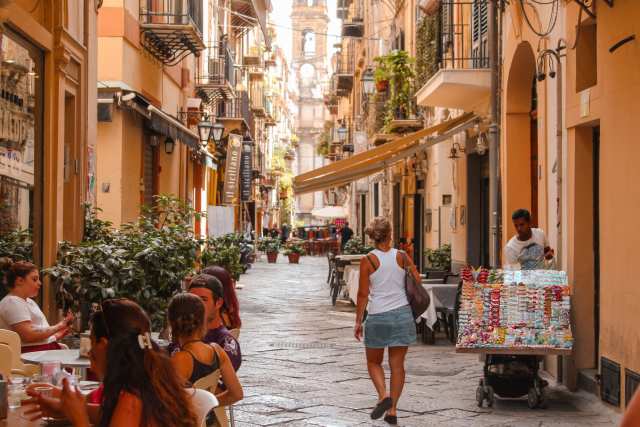
Woman walking on a street with outdoor tables in Palermo, Sicily, Italy
If you’re a woman planning on travelling solo, you may be wondering, ‘is Sicily safe for women?’. The good news is that it’s generally a safe place for solo travellers, but like most travellers, it’s best practice to exercise common sense. Sicily has a conservative culture, and dressing modestly will help you blend in and avoid unwanted attention.
Like anywhere else in the world, avoid walking by yourself at night in quiet and dark areas. Be aware of your surroundings, and try not to use headphones or be on your phone while walking. Meeting new people is one of the best aspects of travel, but it’s also important not to overshare personal information, especially as a solo female traveller.
Check out all of our homes in Sicily
Crime in Sicily
The most common crimes that happen in Sicily are those that occur anywhere else. They include:
Pickpocketing and bag snatching: This mainly occurs in bigger cities like Palermo and Catania, and is almost unheard of in smaller towns. The best thing to do is just be sensible – don’t take out thick wads of cash or wear expensive jewellery that could make you a potential target. Don’t leave your phone or wallet in your back pocket or sitting on the table at a restaurant – a split second is all thieves need. Similarly, bag snatching is known to happen. Make sure you’re wearing a backpack or bags that are slung across your body, rather than handbags or shoulder bags that can easily slip off.
Scams: Found in any tourist destination, scams are something you should be aware of. These usually involve things like street vendors forcing you to purchase their goods, individuals offering unofficial services and people offering to help you use an ATM machine. One common scam is when a local asks you to take their picture, and when returning the camera, they purposely drop it and ask you to pay for damages. Trust your instincts if something doesn’t feel right or sounds too good to be true.
Theft from vehicles: Compared to other parts of Italy, Sicily doesn’t have a well-established public transport network. Hiring a car is the best option if you’re planning on moving from one place to another or if you want to explore more rural destinations. Unfortunately, vehicle-related crime can happen, especially along tourist routes. An easy way of avoiding this is to not leave anything valuable in the car, even when stepping out to take a photo or pay for petrol. Any good rental car company will make you sign a contract saying you won’t leave any valuables in the car unattended.
Areas to avoid
Most areas in Sicily are safe for tourists to visit, but it’s important to know that some regions and neighbourhoods have higher crime rates than others. Some areas to avoid in Palermo include Brancaccio, Ballarò at night, the ZEN neighbourhood and Villagrazia Falsomiele. Meanwhile, areas to avoid in Catania include San Cristoforo, Librino and Stesicoro.
Other things to watch out for during your travels include:
Dangerous animals
If you’re planning some outdoor adventures, there are a few dangerous animals to be aware of. Some species of venomous scorpions and vipers exist, especially in rural areas. Bites and stings are rare, but it’s good to be cautious when heading off the beaten track. Wild boars can also be aggressive, but only when provoked and made to feel threatened. In the water, especially in the summer, you may encounter jellyfish while swimming. Most are harmless, but some can deliver a painful sting – it’s worth bringing antihistamines to ease the itching.
Natural disasters
Sicily is susceptible to natural disasters such as earthquakes, volcanic eruptions and flash floods. The risk of experiencing a catastrophic natural disaster is super low, but it doesn’t hurt to stay informed on local weather conditions.
Safe places to stay: Plum Guide's top picks
From seaside resorts to ancient towns, there are many interesting places to stay in Sicily that are safe for tourists. Here are some of the safest spots on the island.
Cefalù
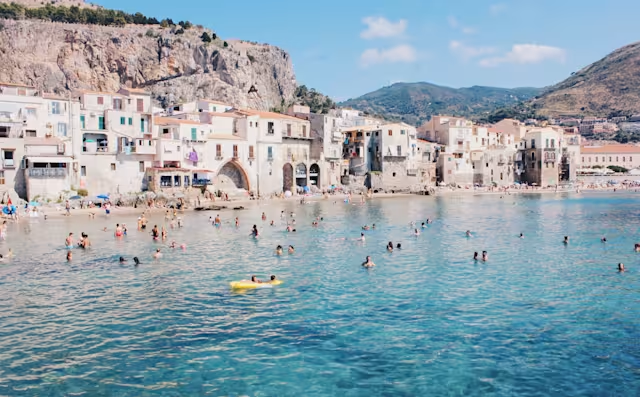
People swimming in the sea in Cefalù, Sicily, Italy
One of the most popular destinations in Sicily, Cefalù is a quaint town on the island’s north coast. If relaxing at the beach is top of your to-do list, it's the place to be. Paddle in the calm waters, get stuck into a new novel on the loungers and munch on local delicacies at the seafront restaurants. The town itself is very photogenic with its cobbled streets and old buildings that lie under the watchful eye of the Arab-Norman cathedral.
Check out all of our homes in Cefalù
Taormina
One of our favourite towns to stay in is Taormina, perched on the mountain slopes on Sicily’s east coast. This stylish destination attracts fashionable crowds who come for the magnificent views, dreamy beaches and picturesque piazzas. Wander down the pretty streets, splashing the cash in the trendy boutiques and sipping Aperol Spritz in the alfresco cafes. If you’re here in the summer, catch a variety of shows held at the ancient Greek theatre that dates back to the 3rd century.
Syracuse
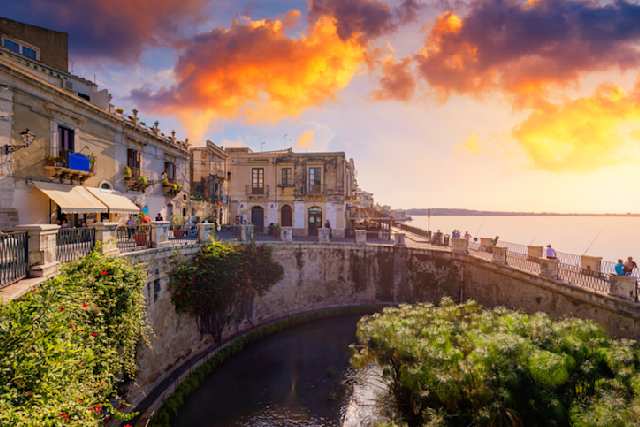
The Fountain of Arethusa in Syracuse
This ancient city on the east coast of Sicily is thousands of years old. The Greeks founded it in the 8th century when they built Parco Archeologico della Neapolis, a vast archaeological site home to Greek ruins like a theatre, church and caves. The historical centre of Syracuse city is found on Ortygia Island, which is packed with historical landmarks and Baroque buildings. Although Syracuse is more for culture vultures than beach bums, Cala Rossa (the town’s main beach) can be a good spot to spend the morning.
Explore all of our homes in Syracuse
Aeolian Islands
Another excellent destination for a beach break are the Aeolian Islands. Surrounded by the azure waters of the Tyrrhenian Sea, these seven islands offer stunning landscapes and a laid-back atmosphere. You won’t get tired of lying on the beach, but when you do need some action, the islands are packed with activities like hiking, snorkelling, kayaking and wine tasting. We’d recommend staying on the islands of Salina, Stromboli and Panarea.
Ragusa
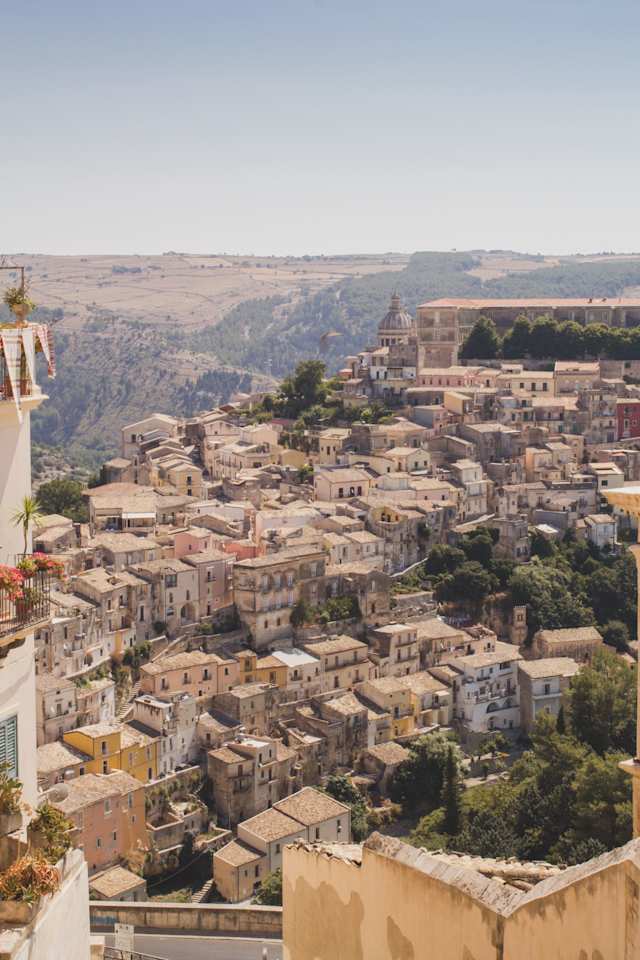
Ariel view of the stacked houses in Ragusa, Sicily, Italy
Nestled in the Val di Noto, a historical area in the southeast of the island, Ragusa is a hilltop city with some of the best scenery you’ll encounter. Divided into two parts, Ragusa Ibla (the Old Town) and Ragusa Superiore (the newer part of town), the best way to get your bearings is to simply wander through the town, admiring the Baroque architecture and soaking up the fairytale-like atmosphere. There are numerous churches and palaces to visit, as well as piazzas, restaurants and the beautiful gardens of Giardino Ibleo when you need to catch your breath.
Plum Guide homes in Ragusa
More tips for staying safe in Sicily:
Stay alert: It’s important to be aware of your surroundings, especially in touristy areas. Always keep an eye on your belongings, making sure they’re in a safe place (ideally in a money belt or, even better, in a safe at your accommodation) and that you’re not flaunting the cash.
Only use reputable transport: When travelling by car, only use official taxis and avoid unlicensed ones or individuals offering you a ride. It’s also good practice to confirm what the fare will be before you get in.
Drive safely: If you’re planning on hiring a car and self-driving, make sure you have all your documents and are up to date with the road rules. Be aware that local drivers have a reputation for driving aggressively, and be mindful of the twists and turns in the roads.
Respect local customs: Brush up on Sicily’s local customs and traditions, and being respectful of them can help you have a positive experience. For example, be sure to dress modestly when entering religious buildings, and don’t take photos of people without their permission.
Make your trip one to remember with Plum Guide
Thinking of holidaying in Sicily? Unlike other platforms, Plum Guide carefully selects and vets every home in our collection, allowing you to book with confidence.

